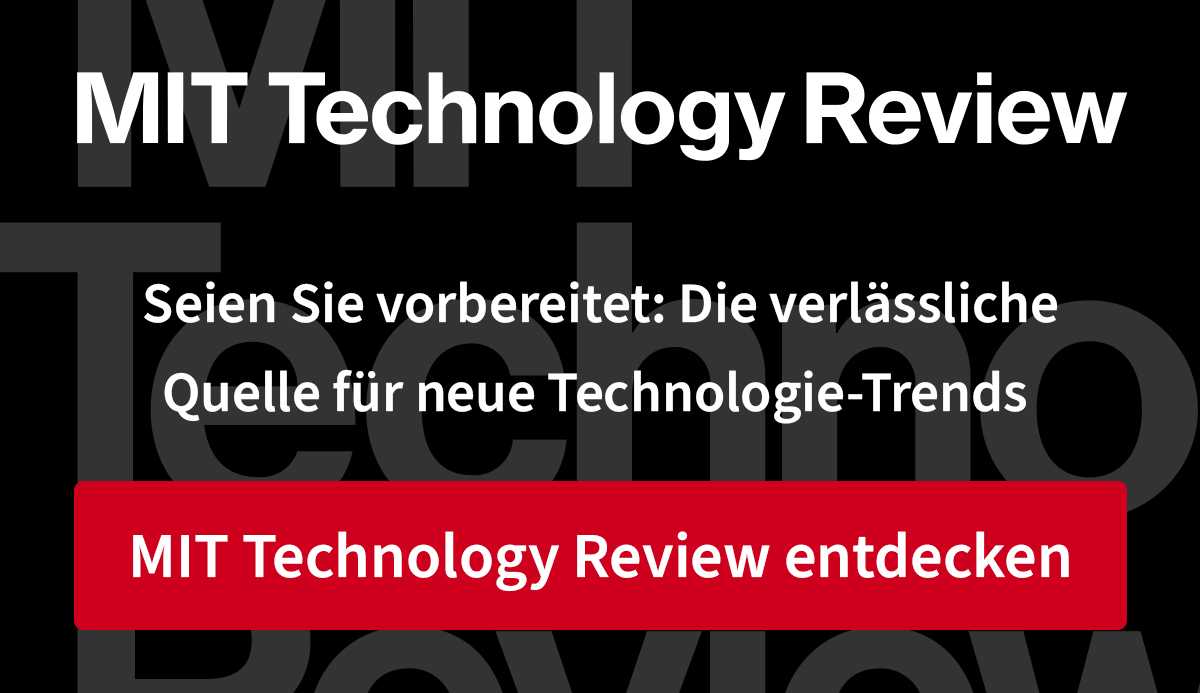In January 2020, US government officials came to Harvard University to look for Charles Lieber, a renowned nanotechnology researcher who headed the university’s chemistry and chemical biology departments. They wanted to arrest him for allegedly hiding his financial ties to a university in China. With the arrest of Lieber, who was only a few steps away from the university campus, the authorities sent a clear signal to the American scientific community: It was a serious crime to keep silent about such connections.
Now, Lieber has been on trial in federal court in Boston since December 14th. He has already pleaded “not guilty”. Hundreds of his university colleagues have signed letters of support. Some critics are of the opinion that it is not Lieber but the so-called China Initiative of the US Department of Justice – a far-reaching campaign launched in 2018 to combat Chinese industrial espionage and the theft of company secrets in the US – should be on trial. They describe the pursuit of the researcher as fundamentally wrong, as a witch hunt that misunderstands the transparency of basic research and selectively destroys scientific careers for minor financial offenses and bureaucratic errors with no evidence of actual espionage or stolen technology
For their part, the prosecutors believe they have a safe case. They claim that Lieber was brought in as part of China’s “Thousand Talents Plan” – a program to attract top scientists – and was generously paid to set up a research laboratory at Wuhan University of Technology. The complaint said that he was hiding this procedure from the US authorities responsible for awarding academic funding when asked about it. Lieber is charged with a total of six offenses: in two cases because of false statements to investigators, in two cases because of submitting a false tax return and in two cases because of failure to register a foreign bank account.
False statements, foreign bank account
“In a nutshell, the government will prove that Lieber intentionally made false statements, […] to protect his career at Harvard University, “the prosecutor wrote in a summary of the case filed last week. In response, his defense attorney Marc Mukasey countered that the government would not be able at all to prove that Lieber” knowingly, acted intentionally or willfully or that he made any material misstatement “.

He would rather be the most prominent researcher to date who was indicted under the “China Initiative” – and one of only a handful of people who are not of Chinese descent. The lawsuit against Lieber could play a central role for the government, which has several similar cases against US professors – who are said to have not disclosed their ties to China to the granting authorities.
Andrew Lelling, a former Massachusetts district attorney who served on a steering committee for the “China Initiative” before leaving the agency and moving to the private sector, said he did not want to comment on individual cases, but he expected that the government would successfully fight cases like Lieber’s. “In my view, lawsuits against violations of research integrity tend to lead to a victory for the government. While the pandemic has slowed them down enormously, so many lawsuits are pending, I think the government is the most of which will win, “Lelling told MIT Technology Review.
What the “China Initiative” wants to achieve
The “China Initiative” was announced in 2018 by Jeff Sessions, then Attorney General of the Trump administration, as a central part of a new and tougher stance by the government towards China. Research by the US edition of MIT Technology Review found that the “China Initiative” is the umbrella of a number of different law enforcement measures that are in some way related to China.
Not only researchers are affected here. The broader scope ranges from Chinese nationals smuggling turtles to hackers allegedly sponsored by Beijing who are believed to be behind some of the biggest privacy scandals in history. MIT Technology Review has identified a total of 77 cases initiated under the initiative. A quarter of these cases have so far resulted in convictions or convictions, but nearly two-thirds are still ongoing.

Lieber’s case is the second China Initiative prosecution to come to court against a scientist. The only person previously before a judge for violating “research integrity” was Anming Hu, a professor at the University of Tennessee-Knoxville. He was acquitted of all charges by a judge in June after the jury could not agree on a verdict. According to the research, five other cases are pending involving US college professors.
Arrested at the airport
This includes the case of Gang Chen, an MIT professor who was arrested at Boston Logan Airport in 2020 and who is accused of misleading funders and failing to provide a foreign bank account. (MIT, which is responsible for Chen’s defense, says the collaboration with China in question was a formal agreement that the college itself entered into.)

Lieber, who has since been on leave from Harvard, headed a well-known laboratory that specializes in creating silicon nanowire systems for electronics, lasers, and neural networks. Research is also being carried out there into a brain-computer interface. Liebers work from 2015, in which he presented the neural network, was typical of the work of his laboratory in that almost all authors – 10 out of 13 – had a Chinese name. They were Harvard PhD students and postdocs, many of whom had been recruited from China for demanding tasks in top chemistry and were to be trained as the next generation of scientists.
David Liu, a gene editing specialist who is also a professor in Harvard’s chemistry department, said he was currently unaware of Lieber’s situation. “But I can say that Charlie was not only a world-class scientist but also a kind and devoted mentor to students and young colleagues.” And someone who worked tirelessly and selflessly for others, as Liu says.
(bsc)

